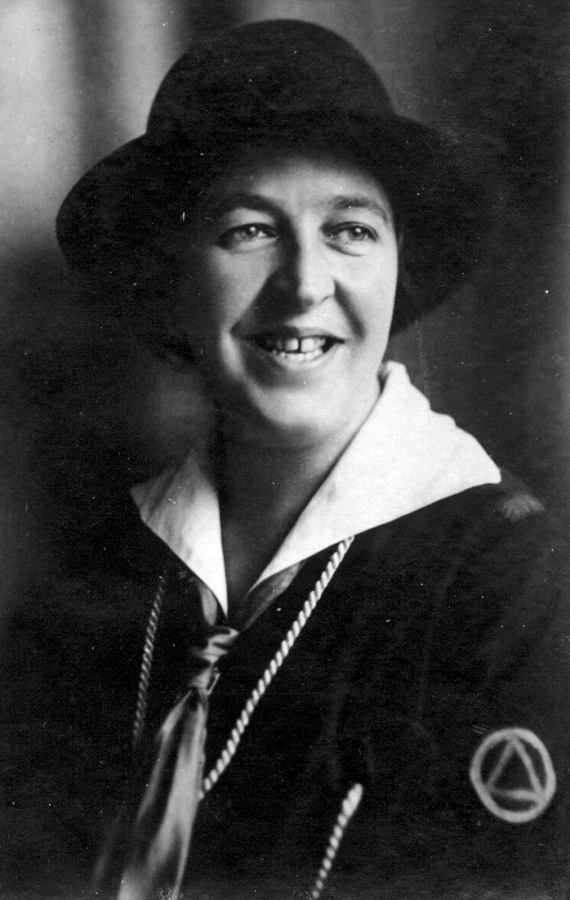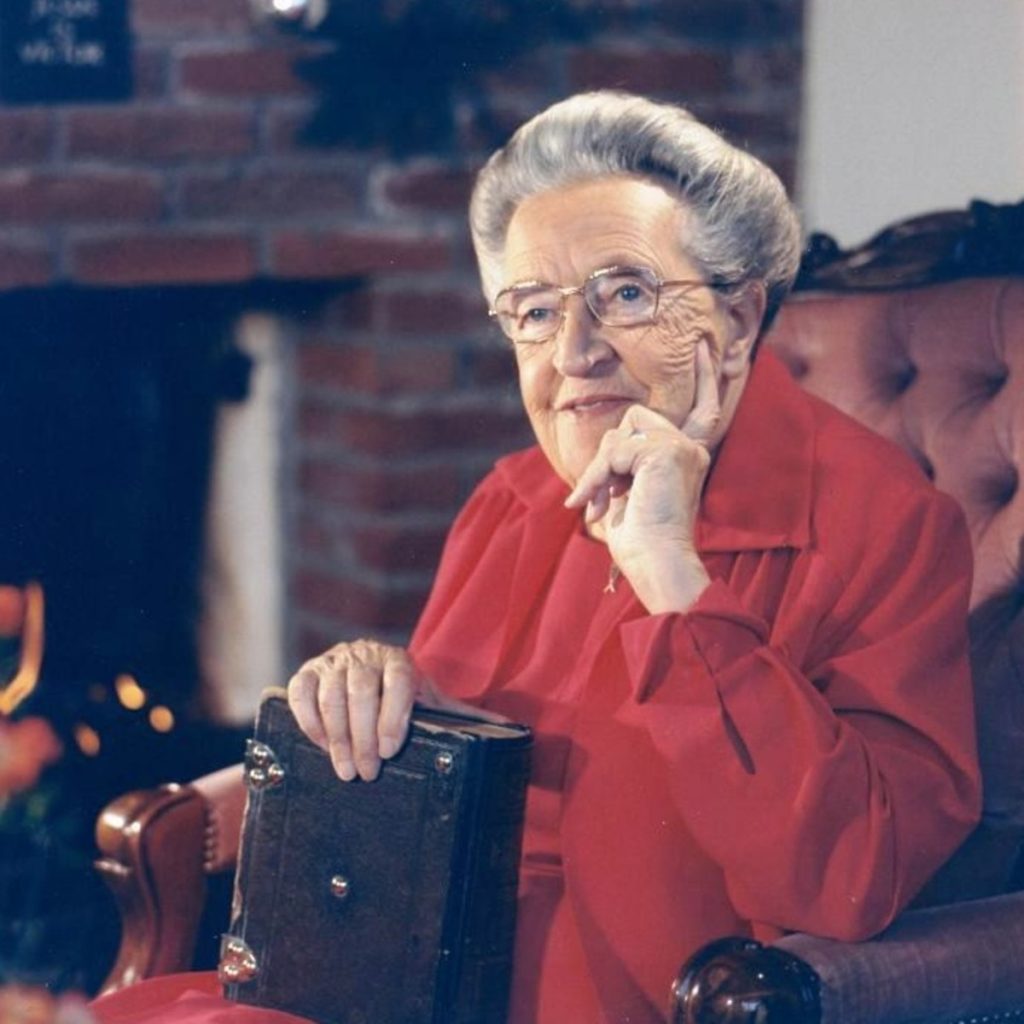“Now the older son was in the field, and as he came and drew near to the house, he heard music and dancing. And he called one of the servants and asked what these things meant. And he said to him, ‘Your brother has come and your father has killed the fattened calf, because he has received him back safe and sound.’ But he was angry and refused to go in. His father came out and entreated him, but he answered his father, ‘Look, these many years I have served you, and I never disobeyed your command, yet you never gave me a young goat, that I might celebrate with my friends. But when this son of yours came, who has devoured your property with prostitutes, you killed the fattened calf for him.’ And he said to him, ‘Son, you are always with me, and all that is mine is yours. It was fitting to celebrate and be glad, for this your brother was dead, and is alive. He was lost, and is found.'” (Luke 15:25-32)

Jealousy and bitterness are thieves. They rob you of peace, but more importantly they rob you of vision. They prevent you from seeing the blessings that you have in favor of the blessings of others, leading to a covetous heart that is forever unfulfilled. The desire for more rarely if ever wanes. In our materialistic world, we spend so much time keeping up with the Jones, that we fail to appreciate the gifts we have before us.
If you recall, in our parable, the older son who stayed home with the father to tend the estate, received his own inheritance at the same time as the younger son. In accordance with Jewish law, this meant that he would get twice as much as what the younger brother. However, from the context of the story, it is likely that the father reserved some of the inheritance (likely from the trust funds of both sons in order to be fair) for himself while he was still alive and in charge of the household. But the words of the father imply that the father and older son were in effect partners of the estate, with the older son having the same authority as the father to do with the estate as he pleased.
At the heart of the older son’s complaint is not so much an anger at his brother, but rather a bitterness towards the father for his celebration of the return of the brother and pity for himself in spite of the fact that he was well within his rights to take a goat from the herd and feast with his friends if he chose. It is as if the older son covets the attention of the father that is being lavished upon the younger son, even though the older son had his father’s attention for years while they worked together on the estate.
On the other hand it is our natural inclination to want to sit in judgement of those who squander the grace of God with licentious living, because by nature, we are selfish people. But it takes a supernatural vision to look beyond ourselves to celebrate the return of a believer who has taken God’s grace for granted.
The fifth chapter of James could actually stand as a commentary on the parable of the prodigal son, specifically this section of the story. James speaks of believers who have “fattened their hearts in a day of slaughter.” (James 5:5) He exhorts us to be like the “farmer who waits for the precious fruit of the earth, being patient about it, until it receives the early and late rains.” (James 5:7) He warns against having a judgmental spirit against one another within the family of faith (James 5:9). He reminds us of the “steadfastness of Job” and “how the Lord is compassionate and merciful.” (James 5:11)
He reminds us of Elijah who “was a man with a nature like ours” who prayed that it would not rain for three and a half years, and he didn’t. And then he prayed again and the heavens opened to flood the earth so that it would bear fruit in a dry, parched land. All of these reminders point us to James’ ultimate conclusion: “My brothers, if anyone among you wanders from the truth and someone brings him back, let him know that whoever brings back a sinner from his wandering will save his soul from death and will cover a multitude of sins.” (James 5:19-20)
As believers, we are indeed responsible for one another and we are called to hold one another accountable, without a judgmental attitude. There is a fine line, but the difference is the heart of love that seeks restoration as opposed to condemnation. This often requires that we subjugate our own desires, feelings, and attitudes in favor of the desires, feelings, and attitude of our Father who longs to celebrate the return of His wayward children.
Corrie ten Boom was a former Nazi prisoner during World War II at Ravensbruck concentration camp, imprisoned for helping Jews escape the Nazis during the Holocaust. Her family’s story is beautifully told in her book (and the subsequent film by the same name) “The Hiding Place”. Near the end of the war, she was released from the prison due to an apparent “clerical error” one day before all women her age were sent to the gas chamber to die.
A few years after her release, as she traveled the world telling others her story of hope in the midst of the most horrific hell, a lone man approached her. She immediately recognized the man as one who stripped her and her sister down upon their arrival at Ravensbruck. Her heart was seized with bitterness and anger at that moment and she would have every right to walk away from him except for this bit of testimony. The former Nazi guard professed his newfound faith to her, confessed the sin he had inflicted upon her and her fellow prisoners, and pleaded with her for her forgiveness.
In Corrie’s words:
“Those who were able to forgive their former enemies were able also to return to the outside world and rebuild their lives, no matter what the physical scars. Those who nursed their bitterness remained invalids. It was as simple and as horrible as that. And still I stood there with the coldness clutching my heart. But forgiveness is not an emotion–I knew that too. Forgiveness is an act of the will, and the will can function regardless of the temperature of the heart.”
https://www.guideposts.org/better-living/positive-living/guideposts-classics-corrie-ten-boom-on-forgiveness
Her words to the former guard: “I forgive you, brother! With all my heart!”

It is my prayer that we are more like Corrie, and less like the older brother of the prodigal, as we seek to restore and reconcile God’s kingdom in our broken and shattered world. For God knows we all need a cause for celebration!